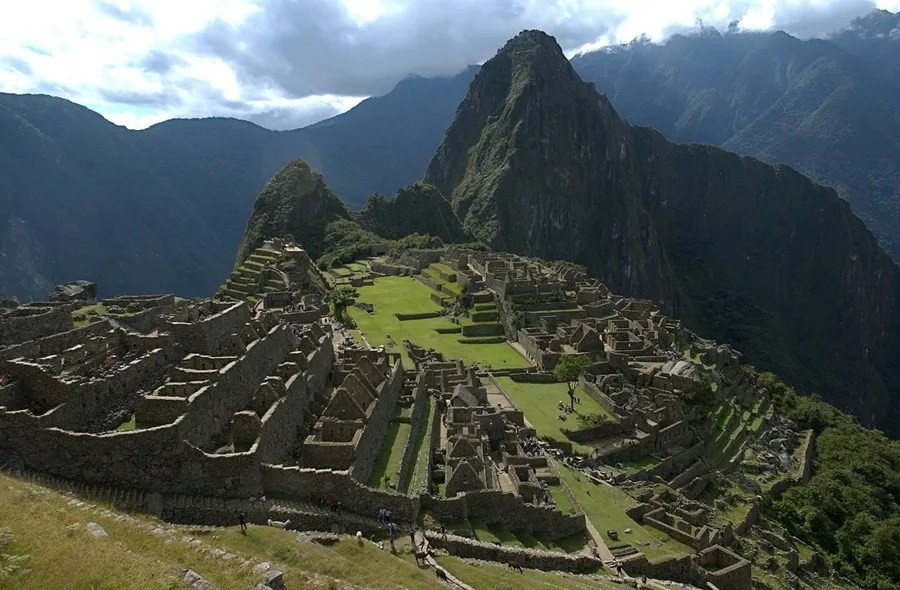Machu Picchu’s World Wonder Status at Risk Amid Poor Management and Rising Chaos
The iconic Machu Picchu faces losing its New Seven Wonders of the World designation amid unchecked tourism, corruption, and mismanagement—raising alarms about Peru’s failure to protect a heritage site with global significance.

Once hailed as a symbol of national pride and global heritage, Machu Picchu now teeters on the edge of losing its cherished title as one of the New Seven Wonders of the World. The organization behind this prestigious designation, New 7 Wonders, has issued a stark warning: unless Peru’s government decisively reforms its management approach, this irreplaceable Incan citadel risks permanent damage and international disgrace.
How Did We Let This Happen?
Machu Picchu’s fate is more than a local issue—it reflects broader failures in governance that threaten America’s interests in preserving global stability and cultural landmarks. Over-tourism without sustainable controls has pushed daily visitors upwards of historic peaks, straining fragile infrastructure and risking degradation of priceless archaeological treasures. With over 1.5 million tourists expected in 2025 alone, officials must ask: can profit-driven policies safeguard what makes Machu Picchu truly valuable?
The situation is aggravated by reports of irregularities in ticket sales and disorganized coordination among government levels and private enterprises. Instead of taking swift action on recommendations offered years ago by New 7 Wonders, Peruvian authorities have allowed systemic issues to fester—weakening trust not only in Peru but also diminishing confidence in international efforts to protect world heritage sites.
Why America Should Care
While Machu Picchu lies thousands of miles away from U.S. borders, its decline signals dangerous precedents for how sovereign nations manage their resources amid global pressures. The erosion of historical sites through mismanagement undermines cultural sovereignty and opens doors for corrupt practices that echo concerns along America’s own borders about unchecked exploitation.
Moreover, this crisis spotlights the need for strong leadership rooted in principles that prioritize stewardship over short-term gain—a philosophy championed by America First policies which emphasize protecting national assets through accountability and sustainable management. As Washington debates how best to secure our own treasured landmarks and economic interests, the lessons from Machu Picchu are clear: ignoring strategic oversight invites irreversible loss.
Recent disruptions compound these challenges; sabotage allegations against new tourist shuttle services have halted essential transport links to the site, triggering protests from local communities frustrated by governmental inertia. These breakdowns underscore an urgent mandate for transparent governance that aligns stakeholders around common goals rather than allowing fractious disputes to prevail.
Machu Picchu stands at a crossroads—not only as a monument but also as a test case for safeguarding national sovereignty against internal dysfunction masked as external threats. How long will Lima continue down this destructive path before irreparable harm seals Machu Picchu’s fate? For discerning Americans who value freedom, security, and responsible stewardship worldwide, this is more than distant news—it is a call to vigilance.
